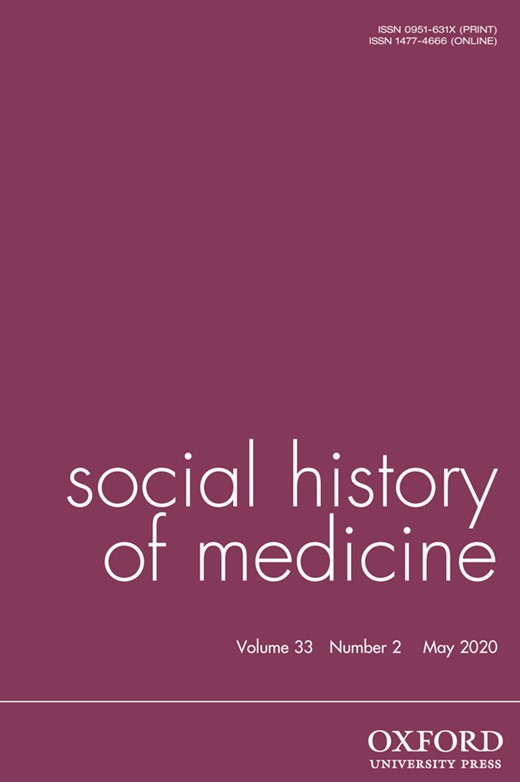-
Views
-
Cite
Cite
Lukas Engelmann, A Plague of Kinyounism: The Caricatures of Bacteriology in 1900 San Francisco, Social History of Medicine, Volume 33, Issue 2, May 2020, Pages 489–514, https://doi.org/10.1093/shm/hky039
Close - Share Icon Share
Abstract
The arrival of bubonic plague in San Francisco in 1900 has become a pivotal case study in the history of American public health. The presence of plague remained contested for months as the evidence provided by the federal bacteriologist Joseph Kinyoun of the Marine Hospital Service was rejected, his laboratory methods disputed and his person ridiculed. Before the disease diagnosis became widely accepted, Kinyoun had been subjected to public caricature; his expensive and disruptive pragmatics for containing the epidemic were ridiculed as a plague of ‘Kinyounism’. Not only does this history offer insight into the difficult and contradictory ways in which bacteriology became an established science, it also provides an early twentieth-century example of ‘politicised science’. This paper revisits the controversy around Kinyoun and his bacteriological practice through the lens of caricature to sharpen the historical understanding of the shifting and shifty relationships between science, medicine, public health and politics.




